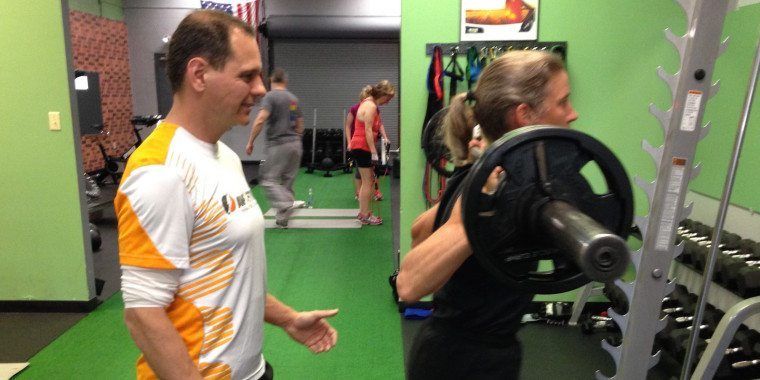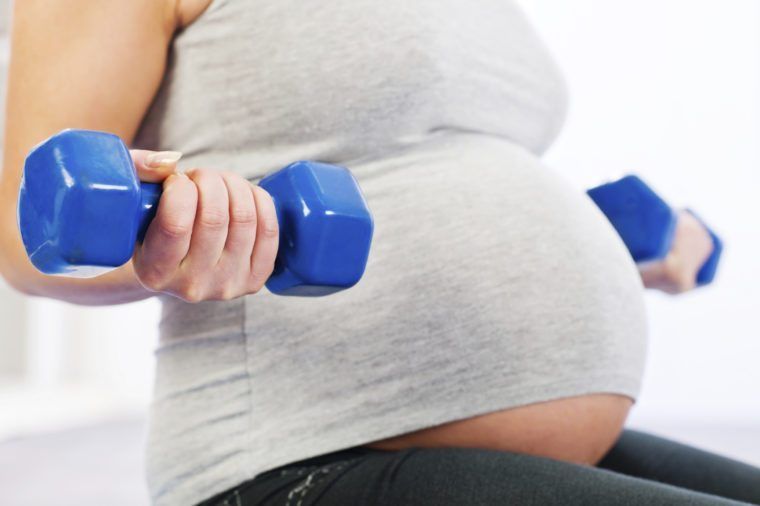One of the best things you can do during pregnancy is to continue to exercise on a regular basis.
According to the Cleveland Clinic, exercising while pregnant helps expectant mothers maintain a good weight, avoid the minor discomforts of pregnancy, and improve posture and body mechanics.
If you are a healthy woman with a normal pregnancy, you should be able to continue most athletic activities. You may want to slow the intensity of your workouts as you get closer to your due date, however.
The American College of Obstetricians and Gynecologists recommends that pregnant women exercise three to five times a week for at least 30 minutes per session, with the following activities safe during pregnancy:
- Walking is a good exercise for anyone.
- Swimming is great for your body because it works so many muscles.
- Cycling provides a good aerobic workout.
- Aerobics is a good way to keep your heart and lungs strong.
If you were a runner before you became pregnant, you often can keep running during pregnancy, although you may have to modify your routine.
However, activities in which there is a high risk of falling, such as gymnastics, water skiing and horseback riding, should be avoided. Some racquet sports also increase the risk of falling because of your changing balance.
Other sports to avoid include the following:
- Downhill snow skiing—Your change in balance may put you at greater risk of injuries and falls. Also, you may be at risk of altitude sickness, an illness caused by breathing air that contains less oxygen.
- Contact sports, such as hockey, basketball, and soccer—These sports can result in harm to you and your baby.
- Scuba diving—Scuba diving can put your baby at risk of decompression sickness, a serious illness that results from changes in the pressure surrounding the body.
The changes in your body can make certain positions and activities risky for you and your baby. While exercising, try to avoid activities that call for jumping, jarring motions, or quick changes in direction that may strain your joints and cause injury.
As important as it is to exercise, it’s also important to watch for danger signs. The Mayo Clinic recommends that you stop exercising if you have:
- Dizziness
- Headache
- Increased shortness of breath
- Chest pain
- Uneven or rapid heartbeat
- Uterine contractions that continue after rest
- Vaginal bleeding
- Fluid leaking or gushing from your vagina
- Decreased fetal movement
If your signs and symptoms continue after you stop exercising, contact your health care provider.
It is important that you discuss your sports and/or workout plans with your doctor to get medical clearance before beginning an exercise program.












